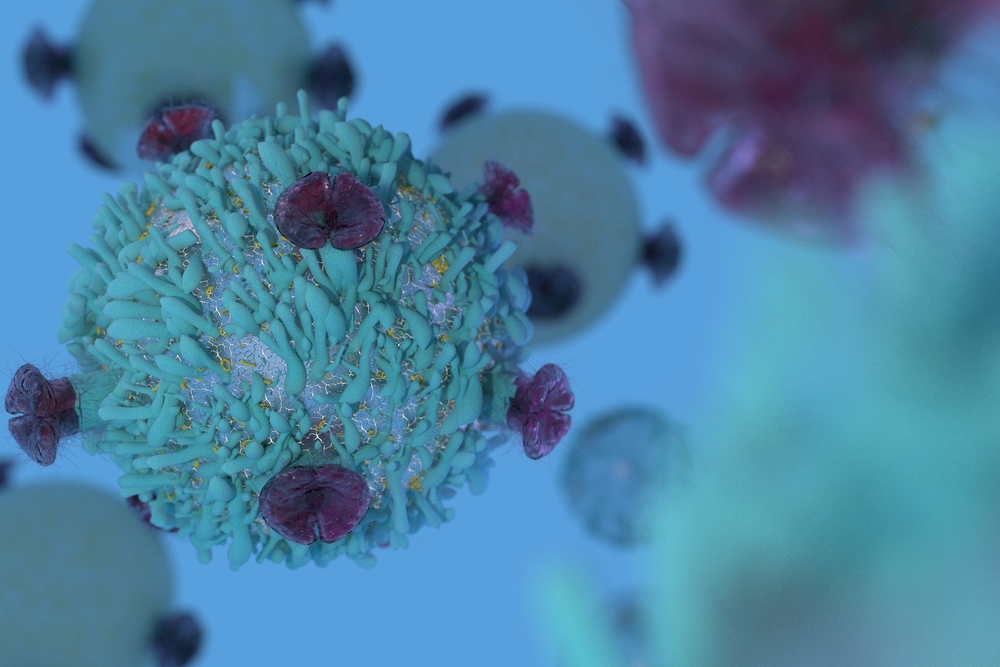Cell Recycling Process Helps Trigger Immune Attack on Protective Nerve Cell Protein Myelin
Written by |

A cell recycling process helps trigger an immune response against myelin, the protective layer covering nerve cell axons to aid in signal transmission, a multiple sclerosis (MS) study indicates.
When University of Zurich researchers eliminated the process, mice developed much milder forms of an MS-like disease. Loss of myelin is the hallmark of MS.
In addition to providing key insights into the events leading to MS, the study suggested that there may be other ways to treat the disease than targeting immune cells. MS is an autoimmune disease, or one in which the immune system attacks healthy tissue instead of invaders.
Before the University of Zurich study, scientists knew little about the signals that tell immune T-cells to attack myelin in the brain. The Swiss researchers discovered that a protein that is active in cell material recycling is involved in the signaling.
They titled their study, which was published in the journal PNAS, “ATG-dependent phagocytosis in dendritic cells drives myelin-specific CD4 T cell pathogenicity during CNS inflammation.”
Cells digest old or unwanted components so they can reuse their building blocks. The recycling process, known as autophagy, is crucial to cells’ health.
The Zurich team discovered that when mice’s myelin coating became damaged, the animals’ cells digested it for recycling. An autophagy protein called ATG5 then showed parts of the myelin to T-cells. This action instructed the cells to start an immune attack against the myelin.
The bottom line is that autophagy promotes the progression of MS, Christian Keller, lead author of the study, said in a press release.
When the team blocked the ATG5 protein, mice did not develop an MS-like condition. And when researchers injected the animals with myelin-attacking T-cells, their disease was milder than normal, demonstrating that ATG5 plays a key role in driving MS.
“This reactivation process is thought to play a decisive role in the development of autoimmune neuroinflammation,” Keller said.
Equipped with this new knowledge, the team plans to look at whether autophagy plays a key role in certain types of immune cells more than other. To pursue this line of research, they will use tissue samples from MS patients.
“In the long run, we want to see whether these new immunopathology findings can be used to develop new treatments for multiple sclerosis,” said Jan Lünemann, a professor at the University’s Institute of Experimental Immunology who was the study’s senior author.


